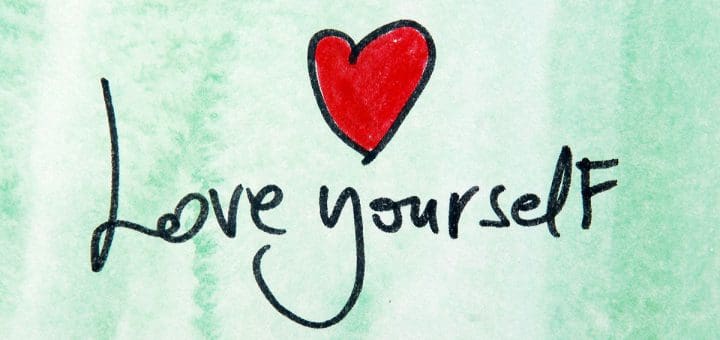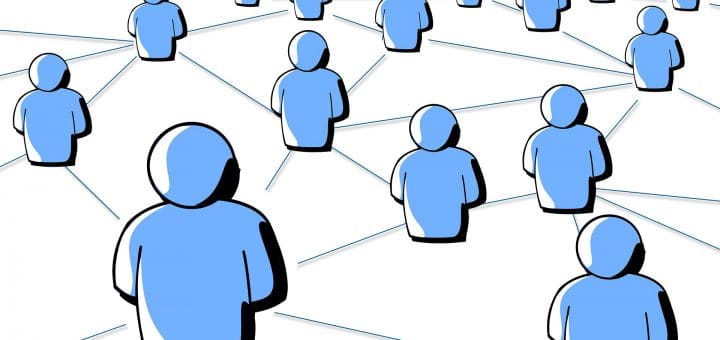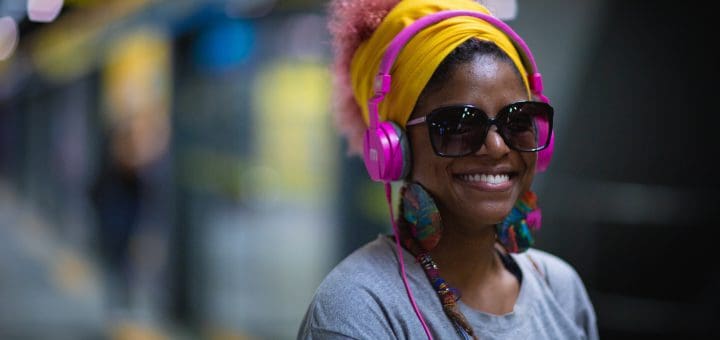The New Year is upon us, which means that many people have started working towards achieving their new goals for 2022. New Year’s resolutions are so often focused on “wellness,” with constant messaging about weight loss programs, exercise regimens, and fad diets taking over social media. It’s easy to get wrapped up in unhealthy diet culture. With all the diet talk during this time of the year, many people struggle with body image. If you find yourself struggling with your body image a bit more than usual lately, know that you are not alone. Here are some tips that can help you navigate negative body image and survive the onslaught of diet culture that comes with the start of every new year.











Recent Comments